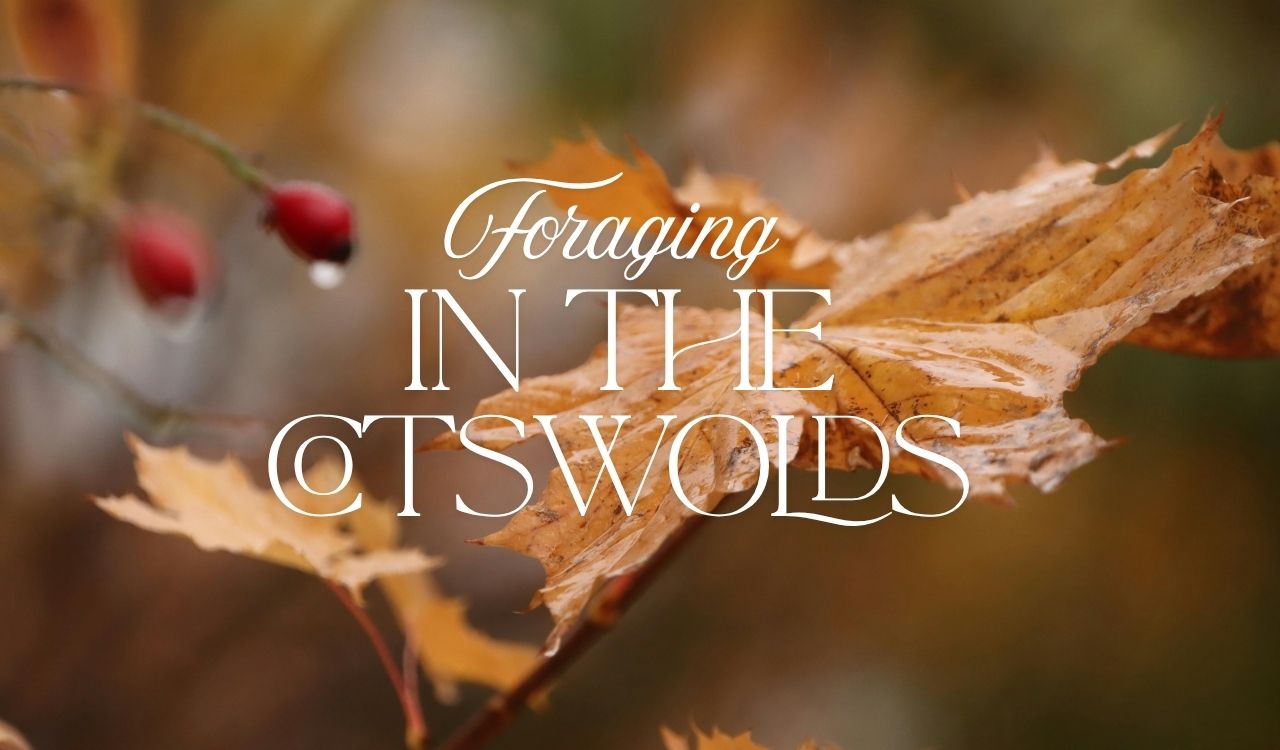Are you S.A.D


ARE YOU S.A.D?
Studies have shown 29% adults experience symptoms of SAD (Seasonal Affective Disorder) at this time of year. Dee Swinton from Dorset MIND has some suggestions on staying positive in the darker season.
SAD is a mood disorder in which people who have normal mental health most of the year exhibit depressive symptoms at the same time each year. Usually, it’s more common in the winter months, when we experience dark nights and gloomy days. The causes are still not clear, but there is evidence to suggest reduced sunlight exposure makes us have a decrease in serotonin levels and a lack of vitamin D. It can also increase the production of melatonin, which makes you sleepier. These can result in depressive feelings and low mood.
Symptoms of SAD range in severity, and can include:
• Low energy
• Anxiety
• Low self-esteem and not wanting to see people
• Changes in appetite; usually eating more and craving carbohydrates
• Difficulty thinking, concentrating or making decisions
• Feelings of hopelessness and at extreme, suicidal thoughts
Here’s our advice for helping you stay positive during the winter months:
Get Active – Any movement can boost serotonin, endorphins and other feelgood chemicals in your brain. These will help lift your mood and sleep better, plus look after your physical health. Build exercise into your day if you can, and if you’re able to get outside, you’ll benefit from exposure to vitamin D too!
Connect – Speak to your family and friends, this is a key step of the Five Ways to Wellbeing. Reduce your isolation by reaching out and make sure you interact with people regularly – not just via your phone.
Eat Well – For a season that’s known for over-indulgence, we encourage you to get a variety of fruit and vegetables into your diet each day. Eating sugary or processed foods will affect your energy and mood swings. A balanced nutritious diet is essential for maintaining a positive mood and avoiding lows. Don’t forget to hydrate regularly too.
Combat Stress – A build up of stress can tip over into a crisis and/or burnout, which should be avoided where possible. Focus on what you can control, break tasks down into manageable chunks - and seek help if you need it. Relaxation techniques are all beneficial for your wellbeing.
Create Joy – Bring some joy into your life every day if you can. Incorporate more of the things you enjoy doing and it will help keep your stress levels under control.
Treatment and support - Always seek the advice of your GP as your first step. SAD itself has a choice of ways to help treat it; Light therapy exposes you to bright lights that mimic outdoor light, talking therapies can help, as can medication and social prescription solutions such as eco-therapy. Your doctor will recommend the best option for you.

Copy courtesy of The Blackmore Vale & Dorset Mind.
Gloucestershire and Worcestershire Mind offers low-cost online counselling and eco therapy as part of a range of 1-2-1 and group support for adults. Find out more by visiting:
See Related Articles & Features
issue 26
See Our Latest Issue of the Magazine.
See great content for this months digital magazine.
read now



